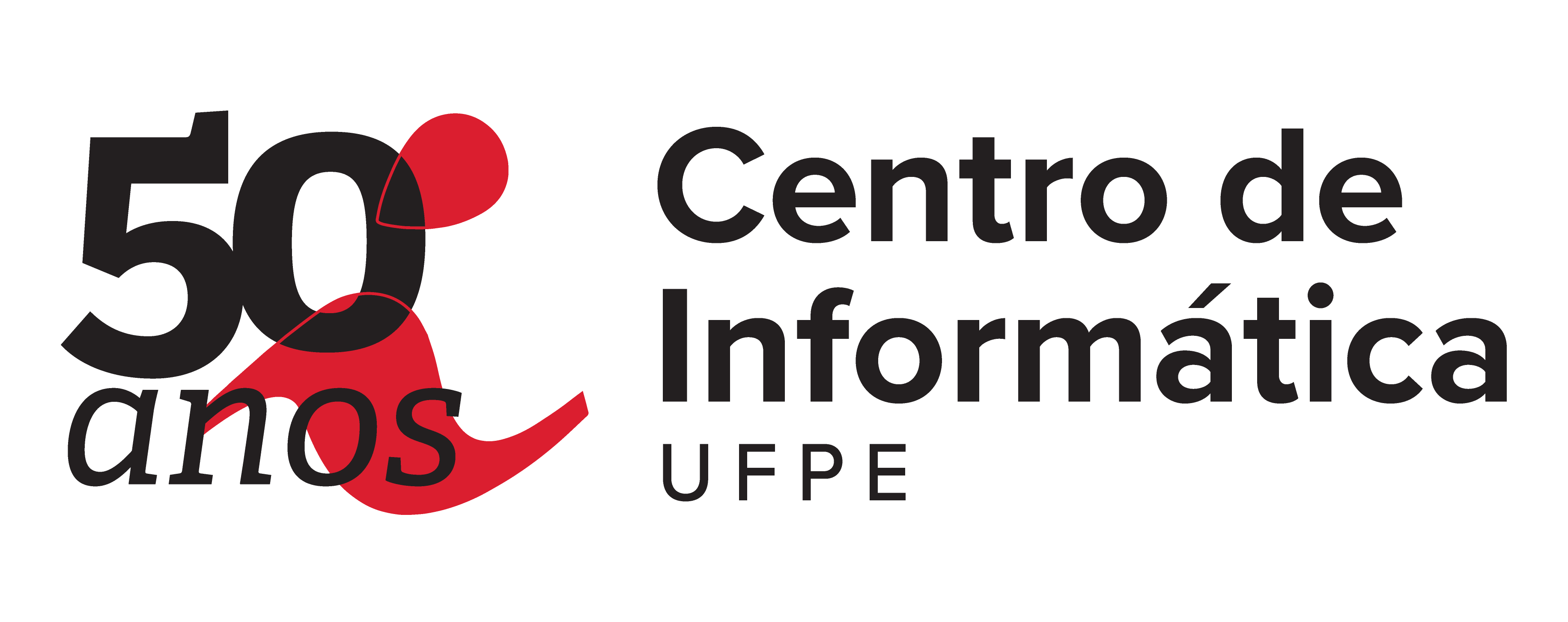Na próxima quinta-feira, 07 de fevereiro de 2019, o pesquisador e professor da Universidade Nova de Lisboa, João Araújo, apresentará a palestra sobre seu tema recente de pesquisa “On the Quality of Requirements Goal Models”. O evento ocorrerá no Auditório do Centro de Informática (CIn) da UFPE às 10h. O pesquisador está visitando o Centro até o final do mês de fevereiro realizando o projeto “A Modeling Language to Specify Privacy and Adaptation Requirements for Internet of Things Applications”.
João Araújo é professor do Departamento de Informática da Universidade Nova de Lisboa, Portugal, e membro do centro de pesquisa português NOVA LINCS. É PhD pela Lancaster University, Reino Unido, em Software Engineering. Os seus principais interesses de pesquisa são em Quality of Models, Requirements Engineering (RE), Advanced Modularity, Model-Driven Engineering (MDE) e Software Product Lines (SPL). Ele é editor associado do jornal IET Software e membro do Steering Committee of RE conference.
Mais informações sobre a palestra no abstract abaixo:
Requirements models have been developed for the requirements engineers and stakeholders work, providing abstraction mechanisms to, for example, facilitate the communication among them by providing better structuring of requirements, thus helping with their analysis. Nevertheless, the extent to which requirements modelling languages are adequate for communication purposes has been somewhat limited. Several quality aspects have contributed to that, ranging from lack of abstraction mechanisms to address model’s complexity, to the impact of layout of models or the actual notation adopted. For example, in large-scale systems, building requirements models may end in complex and/or incomplete models, which are harder to understand and modify, leading to an increase in costs of product development and evolution. Consequently, for large-scale systems, the effective management of complexity and completeness of requirements models is vital. Moreover, it is undeniable that the communication potential of requirements modeling languages is not entirely explored, as their cognitive effectiveness is often not boosted. For example, choosing an ad-equate layout for requirements models may be a relevant issue, as a bad layout may compromise the adequacy of the models. Also, although visual notations are often adopted (as they are perceived as more effective for conveying information to nontechnical stakeholders than text), their careful design is often not considered. Not taking all this into account, in the long run, may result in poorly understood requirements, leading to problems in artifacts produced in later stages of software development. So, in this talk, I will discuss in detail these is-sues based on the results of experiments where metrics were collected to evaluate and discuss some quality aspects of requirements models, in particular requirements goal models (increasingly popular in the requirements community), such as complexity, completeness, understandability and semantic transparency.

Comentários desativados